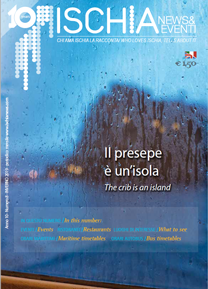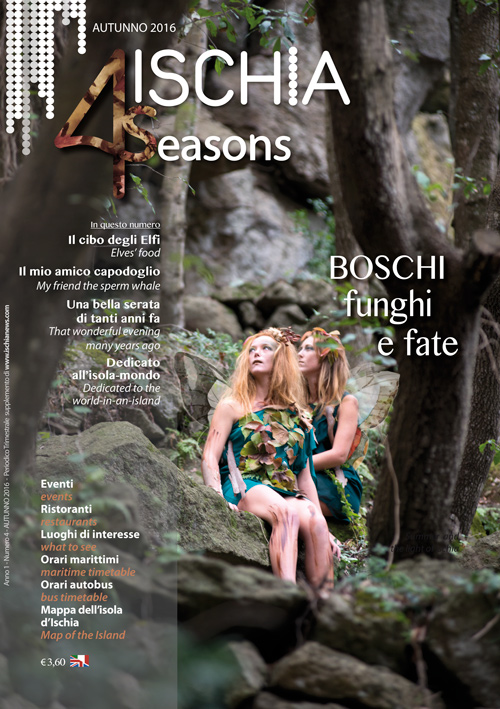Along the narrow streets of my country

I?m back after so many years in the streets of my country, there where I spent my childhood and my youth that, in the age of unconsciousness, is eternal. But as adults, in a crude way, we realize that life passes quickly, we are consoled by the thought that the eternal is not in matter, but in the vibrations, sensations that hover around us and we perceive according to our sensitivity and our moods.
It?s worth telling to remember that, through the sensations you feel living spaces dear to us, we can stop and think, or maybe be inspired by new and different emotions. How many things have changed in those lanes, so many people of my childhood no longer exist, some are aged and transformed, others have tried their luck elsewhere. What a strange time to remember the details and the atmosphere at that time saw through my eyes and feel differently due to the innocence and carefree mood
Where the road became steeper in the right corner, there was a cluster of old houses with large courtyards, cisterns, gardens and terraces. Houses were perched on each other and the roofs were full of chimneys. It was like being in one of those places where the witches live, especially in winter, when fog makes the edges softer.
In one of those houses once lived a widow named Donna Rosa. She was very good at sewing and taught the trade of a seamstress, with the collaboration of two unmarried sisters, and so many young girls. People called them ?fairy hands? because they could embroider, patching, sewing machine, crochet work, and produced even dolls and rag dolls. But ?fairies? they were really, because during the whole year worked doilies, pot holders, scarves, gloves and wool hats, blankets, shawls, aprons, socks as gifts. Donna Rosa, in fact, the most expansive person, for years and tradition disguised herself as a witch and, on the eve of the Epiphany, with a jute bag and a lantern in her hand, leaving little presents behind the doors, which on this occasion remained ajar. Other two more abandoned ruins were behind the curve, where the slope ended and began the steps. The roofs were ripped apart by bombs during World War II. A few pieces of ceiling was still attached to the walls remained intact. Through the smashed roof you could see that part of the sky that seemed even deeper, but also closer, because it seemed to communicate directly with those who previously had lived and then died suddenly. It had become the kingdom of stray cats and, albeit with some trembling, I often stopped to look around the inside, even when it was evening.
As if time had stopped instantly, it seemed suddenly to review the two old ladies "Pettillo" who spent most of the day on the large terrace of a mansion. That space was their whole world because it never went out and communicate with the outside world, with the help of a lady who brought them groceries, medicines and, if necessary, also had nursing skills. One of the sisters wore long white hair and thin, loose on her shoulders who used to comb and caress with a comb now consumed. The other sister was schizophrenic and, in times of crisis, broke into the courtyard below, or threw everything she had at hand.
In the square where the demolished church, adolescents, with the help of some adults, organized a kind of children?s theater. The setting was natural and the place was very suggestive of the presence of the ruins. But too often, "the show" was interrupted by Mrs. "Boccolina the cylinder'' which, with its court of stray cats and dogs, moved far and wide at any time of the day or night, with those hands always full heads of anchovies and sardines, which were used to feed the many creatures.
At the end of the pit lane the excitement peaked when I remembered the figure of "Mastru Gaetano, bambiniello and sugar" an unfortunate man who lived with pain and anger. As a young man had left his wife and two children to go to earn a living in America. Its purpose was to work for a few years and then come back and buy a little house with a little of land to cultivate. But things did not go well. In America he worked continuously making a lot of overtime to send money to his wife, so he thought to feed their children and keep what little remained. Master Gaetano suffered much the distance from his family and from his country, and his only joy was to one day return to fulfill the dream of his life and have a home of his own. After a few hard years of sacrifice, stopped abruptly correspondence with his wife. This, after putting aside a bit of work with the money of her husband abandons forever the island with her two children. Master Gaetano spent months of anguish and despair. What was it could happen to his family?
He returned to Forio in a cold November evening with a cardboard suitcase wrapped by string, gaunt face and eyes as unfocused. He learned by relatives that his wife had left the island with their children and no longer had any news. Grief-stricken, humbled to the depths of his soul, "bambiniello e zucchero", a few weeks later, he hanged himself from the beam of a timber yard which was hosted by a cousin. His cardboard suitcase contained only the most precious things and that he had kept with love: the few letters written with his wife?s affection, some faded photographs showing him happy with his children before he left for the faraway continent, three or four little children of wood of various sizes. On the other hand as a child, he learned from his grandmother, the art of sweets, and had always been good little children to shape sugar. For the approach of Christmas had worked to have happy children of the district and had left them there, all resting on a shelf of her kitchen, arranged in a corner of the warehouse-store. Mastro Gaetano cried a lot, before saying goodbye to life. Perhaps they were his first and last tears. He was buried as was the custom then, the land was desecrated and forgotten forever. The ringing of a bell brought me back to reality, as removing a jolt that whirlwind of thoughts and emotions that I had been wrapped, like a vortex.
Along the narrow streets of my country, many things have changed. The people, the houses, the stories are not the same. But still, in those places, the eternal message that we capture through the vibrations of our soul.
by Clementina Petroni


































